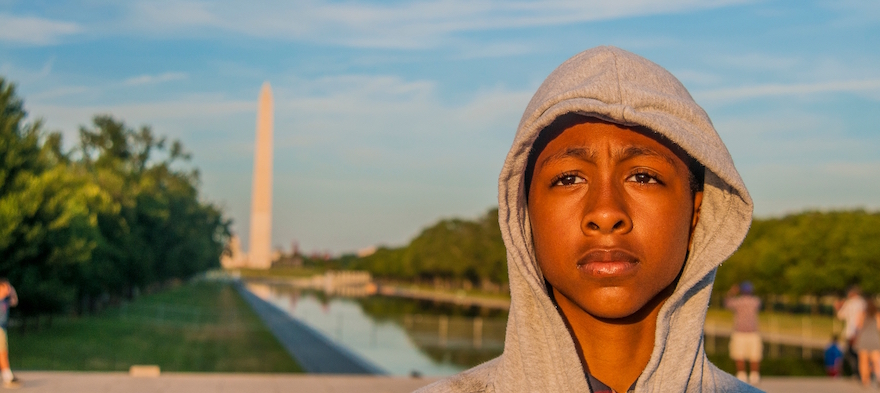
Sep 13, 2018 12:00:00 AM
by Colin Seale
Colin Seale is the founder/CEO of thinkLaw, an award-winning resource that helps educators teach critical thinking to all students using real-life legal cases and the president of the Charter School Association of Nevada. His new book Thinking Like a Lawyer: A Framework for Teaching Critical Thinking to All Students is out April 2020.
The story you tell yourself about your own math ability tends to become true. This isn’t some Oprah aphorism about attracting what you want from the universe. Well, I guess it kind of is, but...
If you have a child with disabilities, you’re not alone: According to the latest data, over 7 million American schoolchildren — 14% of all students ages 3-21 — are classified as eligible for special...
The fight for educational equity has never been just about schools. The real North Star for this work is providing opportunities for each child to thrive into adulthood. This means that our advocacy...
Your donations support the voices who challenge decision makers to provide the learning opportunities all children need to thrive.
Ed Post is the flagship website platform of brightbeam, a 501(c3) network of education activists and influencers demanding a better education and a brighter future for every child.
© 2020–2024 brightbeam. All rights reserved.
Leave a Comment